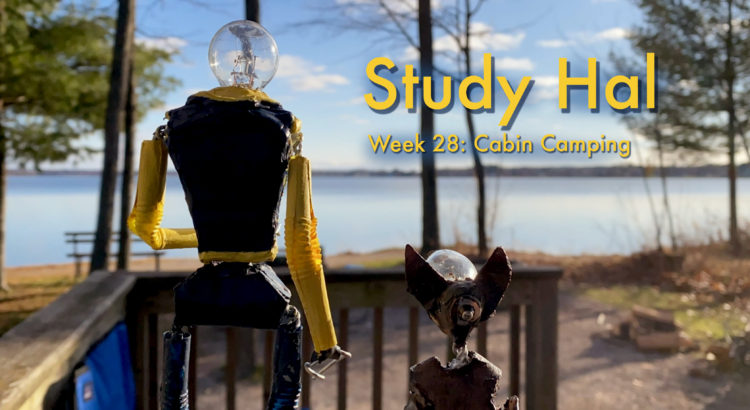Over Thanksgiving break I was in Chicago with my girlfriend and her family. One night we went to the Cadillac Theatre to see the national tour of the musical Miss Saigon, a story about a Vietnamese bargirl and US soldier during the Vietnam War. It is based off of the 1904 opera Madame Butterfly by Puccini, written in Italian about a Japanese girl and a US naval officer. The music of Miss Saigon would sound familiar to fans of Les Miserables because the music was written by the same team of composers: Claude-Michel Schonberg and Alain Bobil.
The performance we saw was incredible. The cast was huge and well-balanced with white and Asian actors playing the appropriate roles. From the research I’ve done, it hasn’t always been that way. Over the years many controversies have erupted over the casting of white actors as male Asian characters, but the role of “Kim”, the Vietnamese bargirl, has always been played by an Asian woman. The musical score also includes non-Western instruments, but I couldn’t find information on exactly what they were. The story is that Kim and Chris (the American soldier) meet and fall in love in a Vietnamese brothel. Chris promises to bring her back to the US, but he is forced to go home in an emergency evacuation, leaving Kim behind. The story cuts to three years later, where Chris is living with his American wife, Ellen, in Atlanta, and Kim is still waiting for him to return to her. It is revealed that Kim has a three-year old son and Chris is the father.
By the end of the first act, you can tell that things probably aren’t going to get much better for Kim. It’s true, (warning: spoiler ahead) because when Chris returns to see Kim and take his son back to America, Kim kills herself.
The plotline aside, I was absolutely stunned by both the talent onstage and the technical effects. At one point there was a literal helicopter flying above the actors, rotors and all. There was always so much going on onstage with the ensemble and everyone was completely committed to who their character was in Saigon. The details in every scene made watching it seem like a movie.
It’s interesting to see older shows like Miss Saigon make a comeback in 2018. As great as the show was, the racist and sexist undertones didn’t just roll off of my back. I had a similar experience watching My Fair Lady at Lincoln Center in May. The story is about a wealthy man teaching a poor woman how to speak proper English so she will be respected. While these male savior plotlines may have been popular in the 20th century, today they’re just kind of tiring. New musicals don’t base their plotlines on discrimination and they’re darn good!
I still think it’s okay to put on revivals of old musicals, even if they’re problematic sometimes. The music in Miss Saigon is fantastic and doesn’t deserve to be forgotten. Kim’s story does not deserve to be forgotten. An important part of protecting the art of today is protecting the art of the past because it serves a purpose. We should trust audiences to acknowledge these issues and to know better, but to also just enjoy the show.


